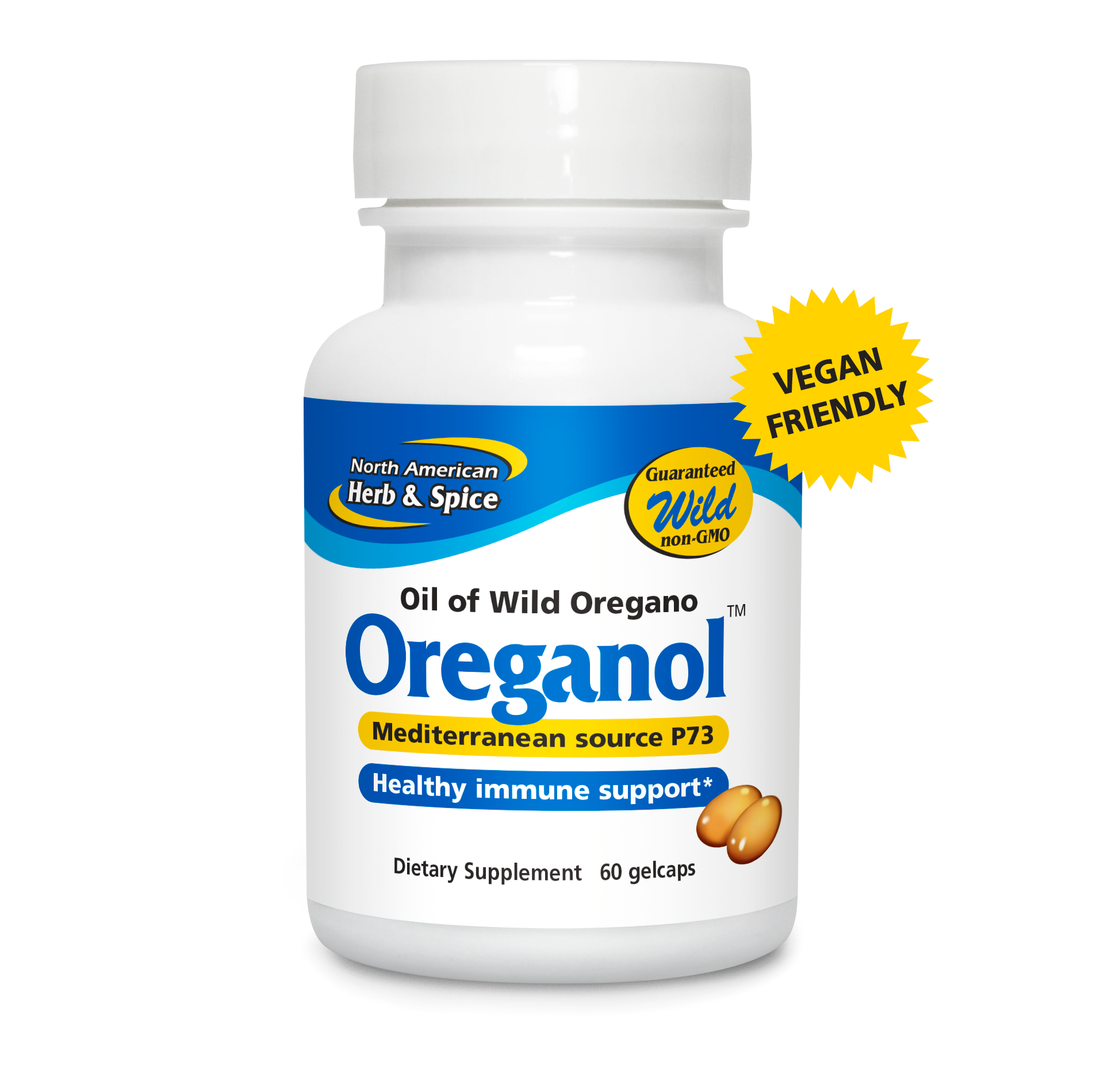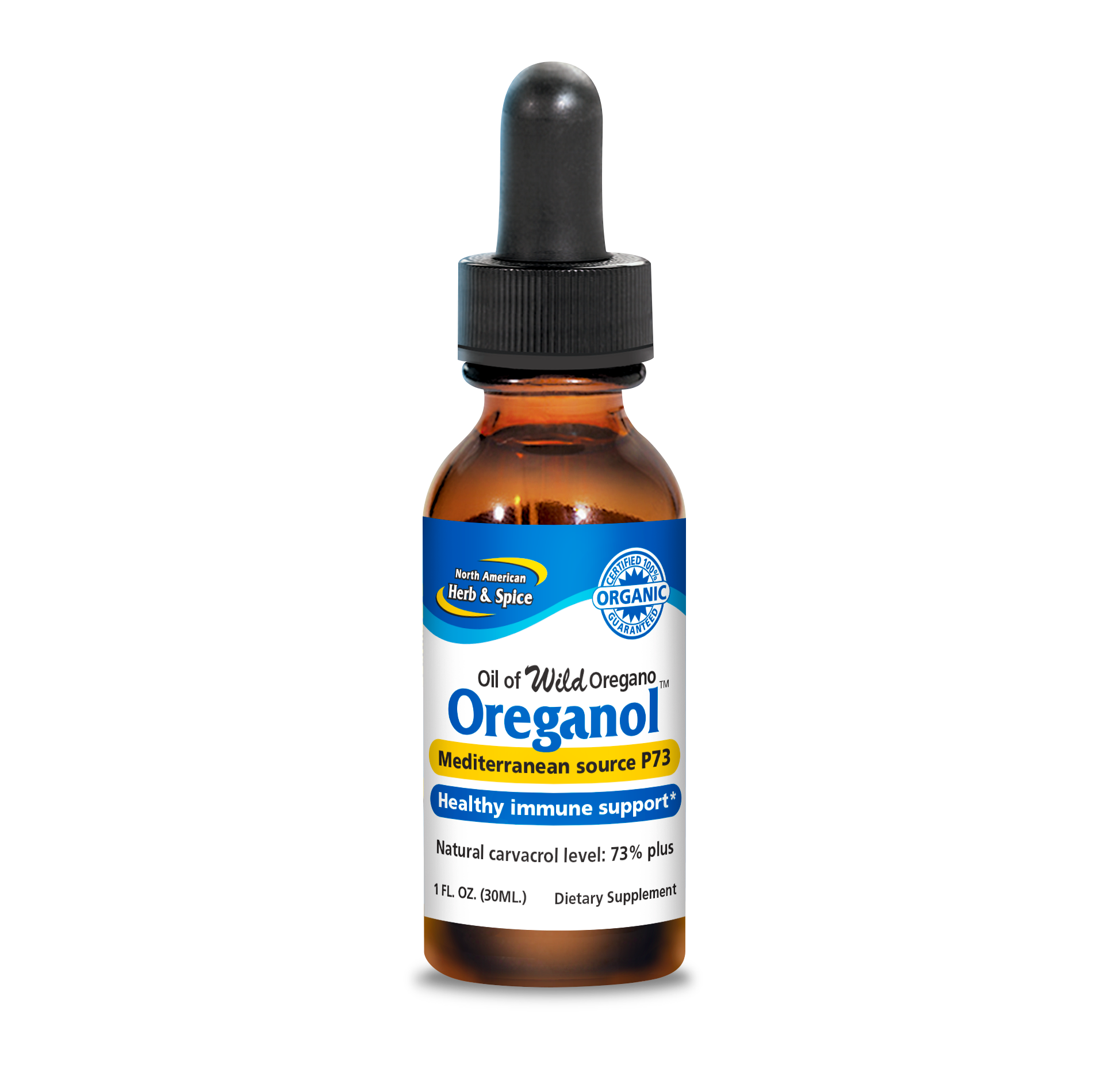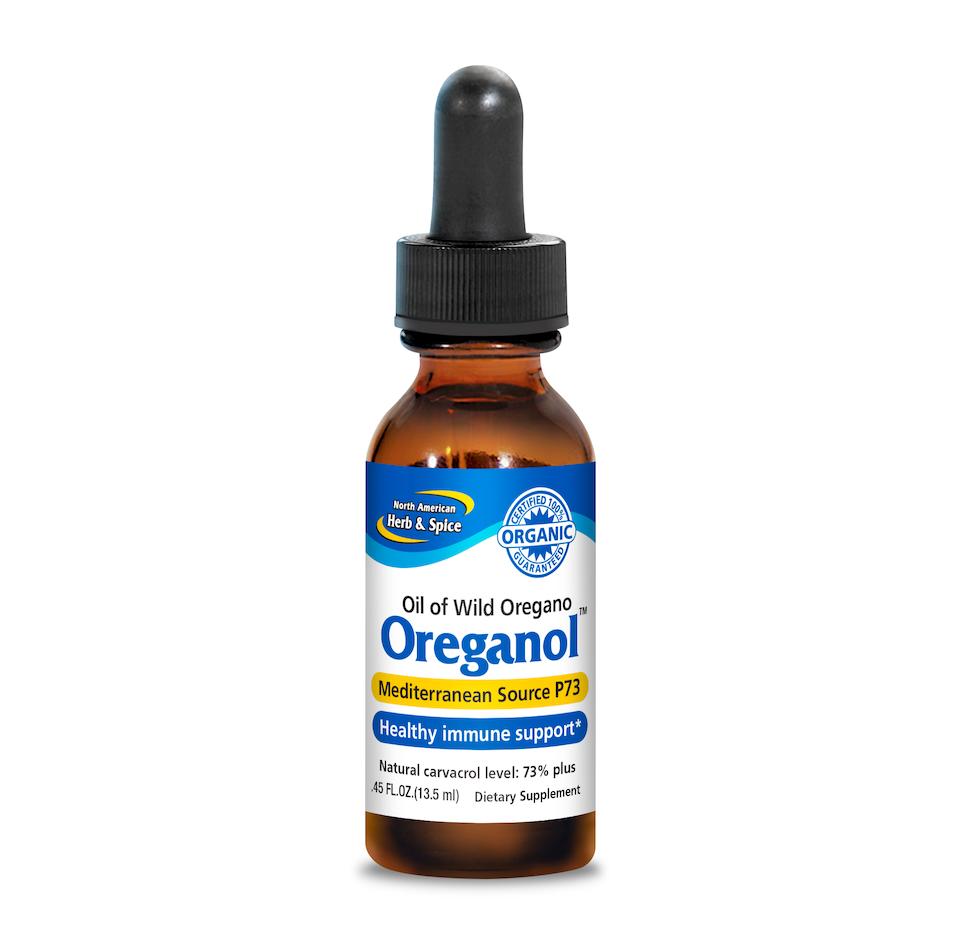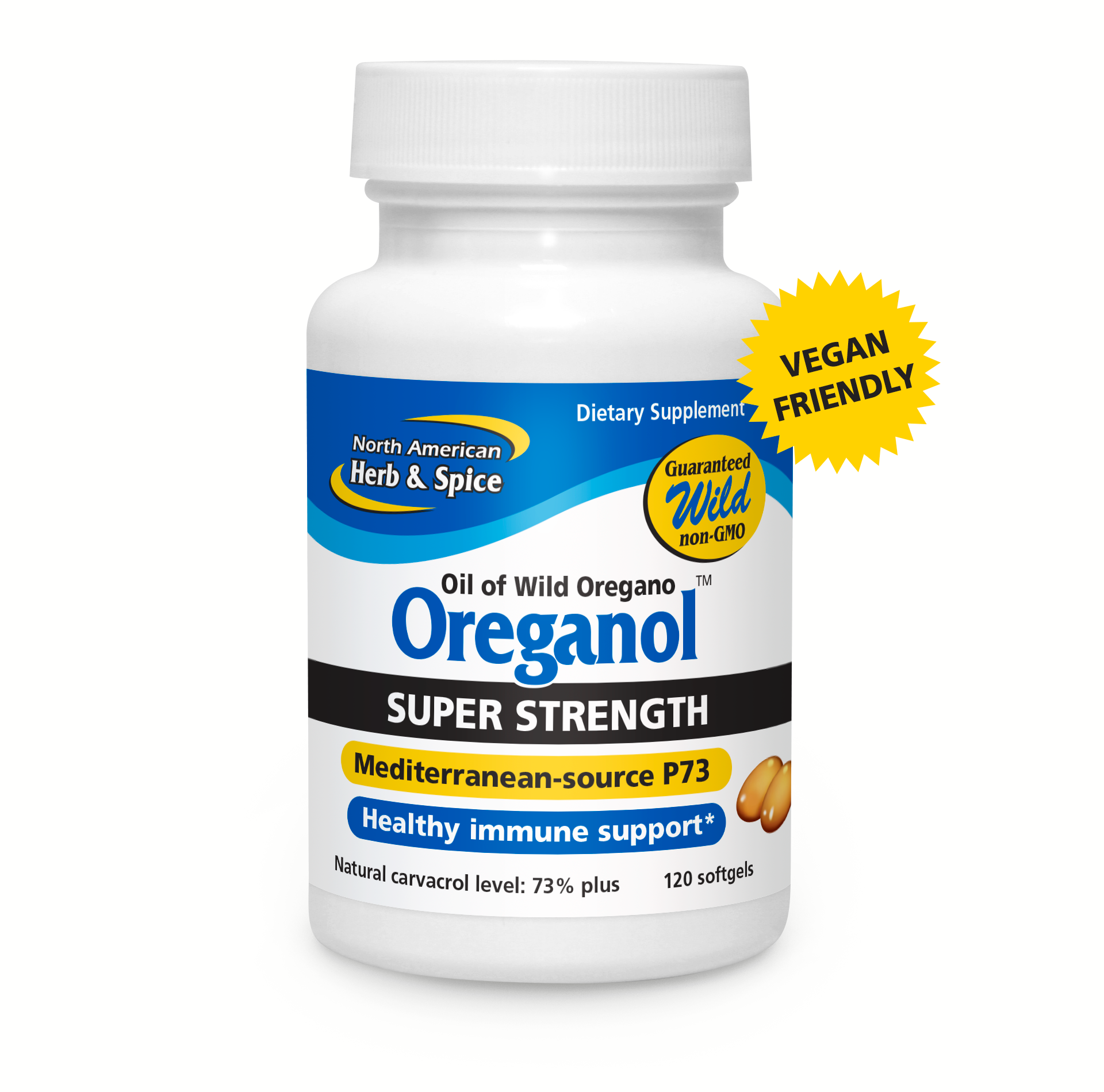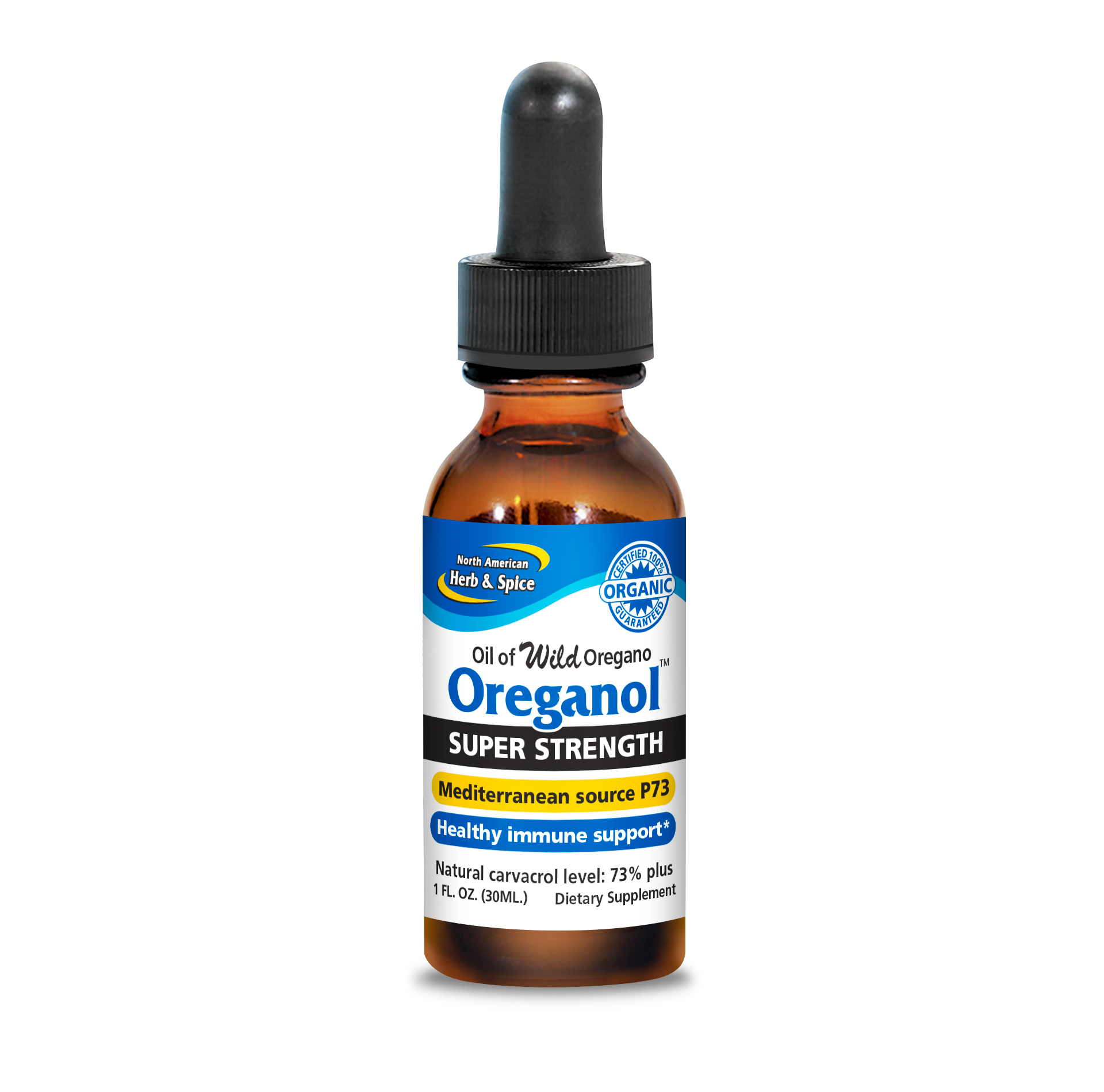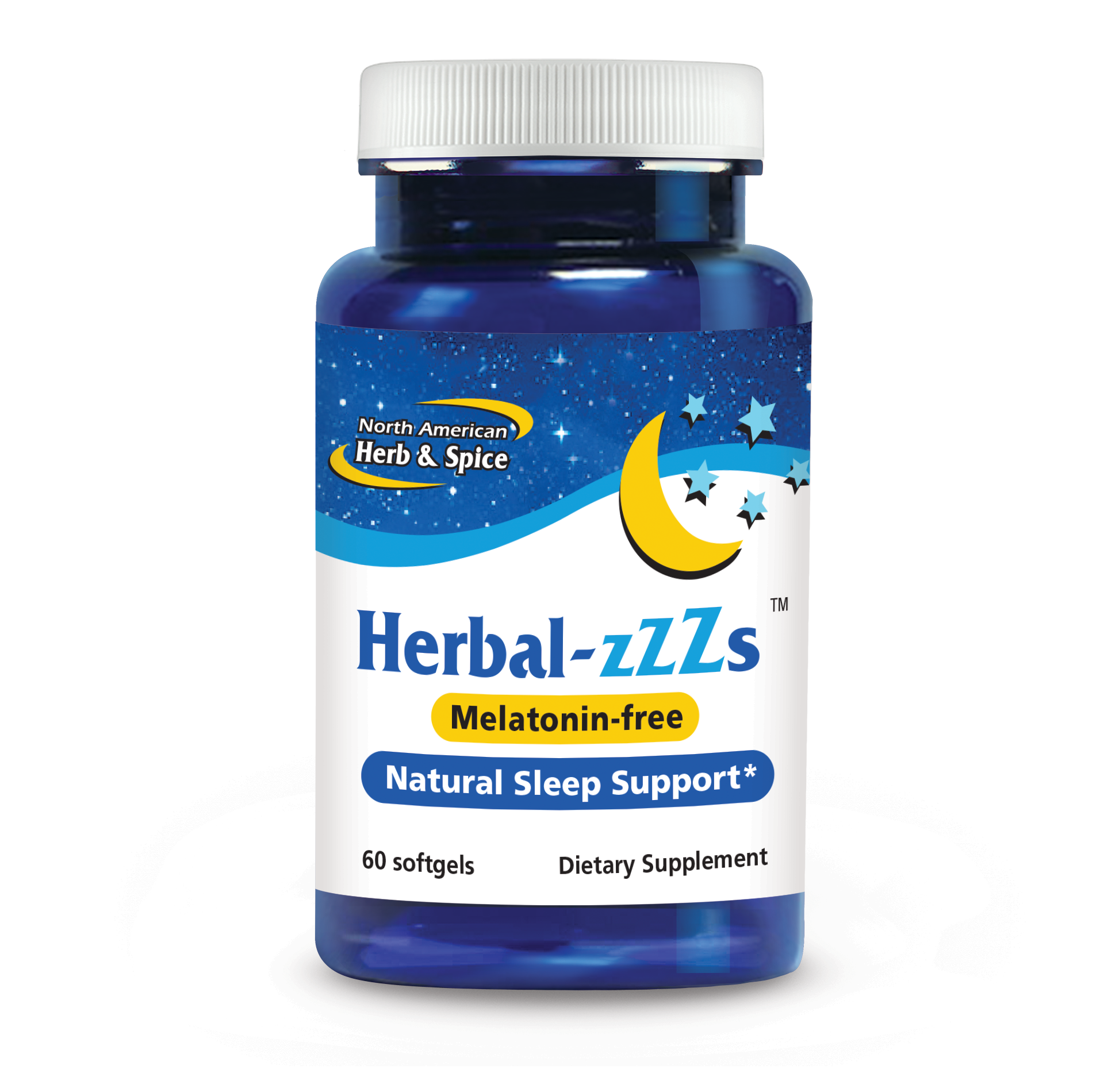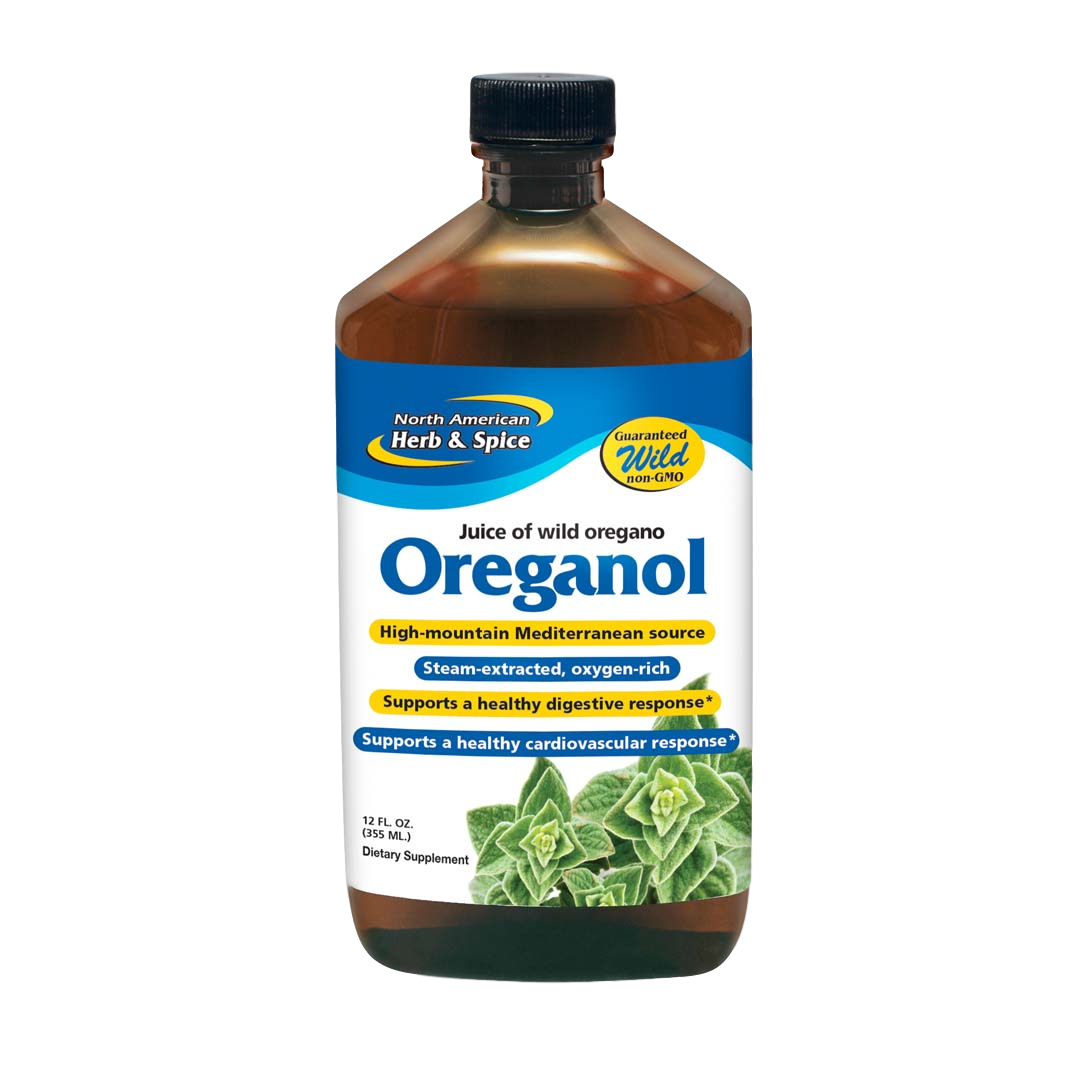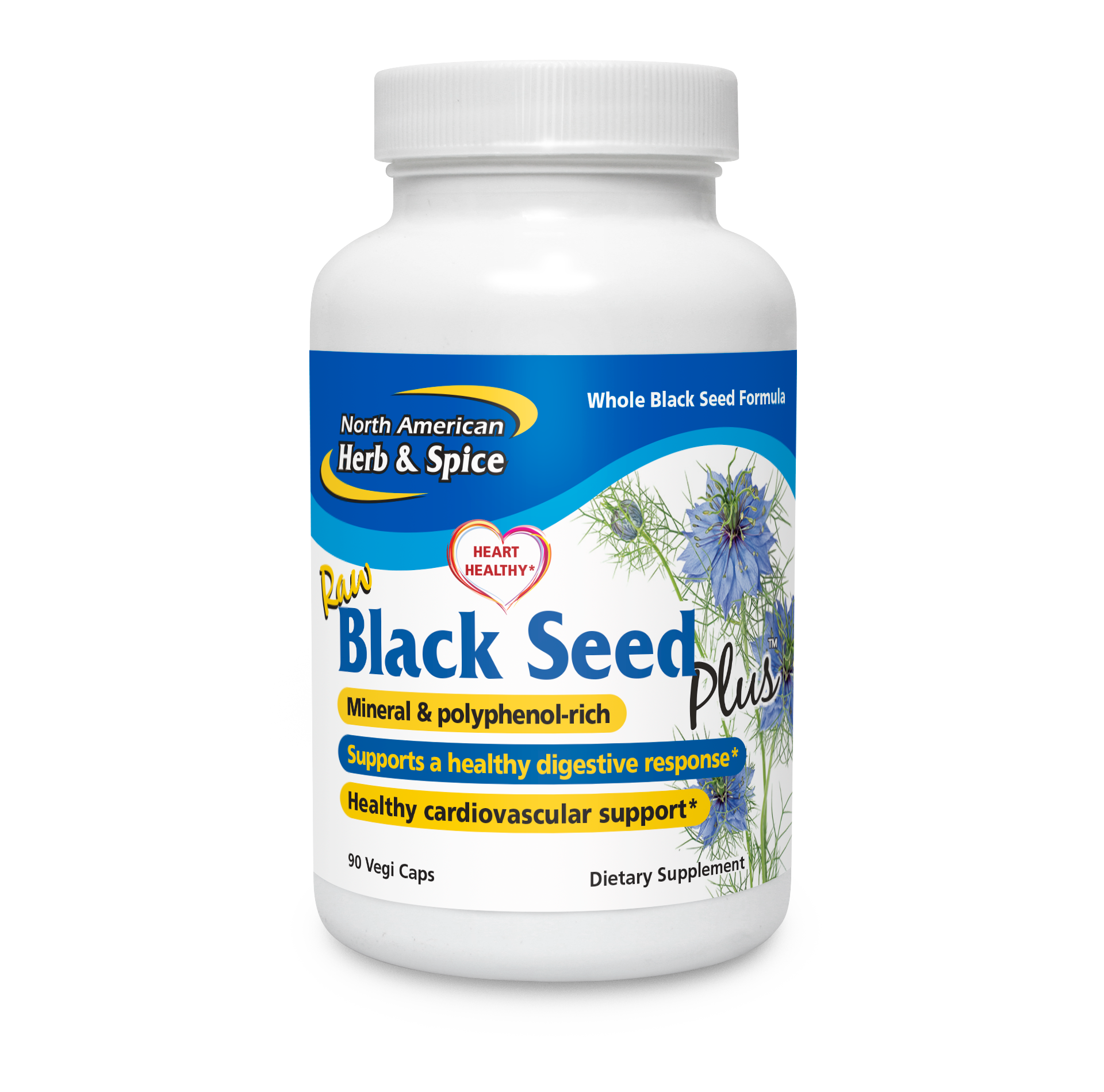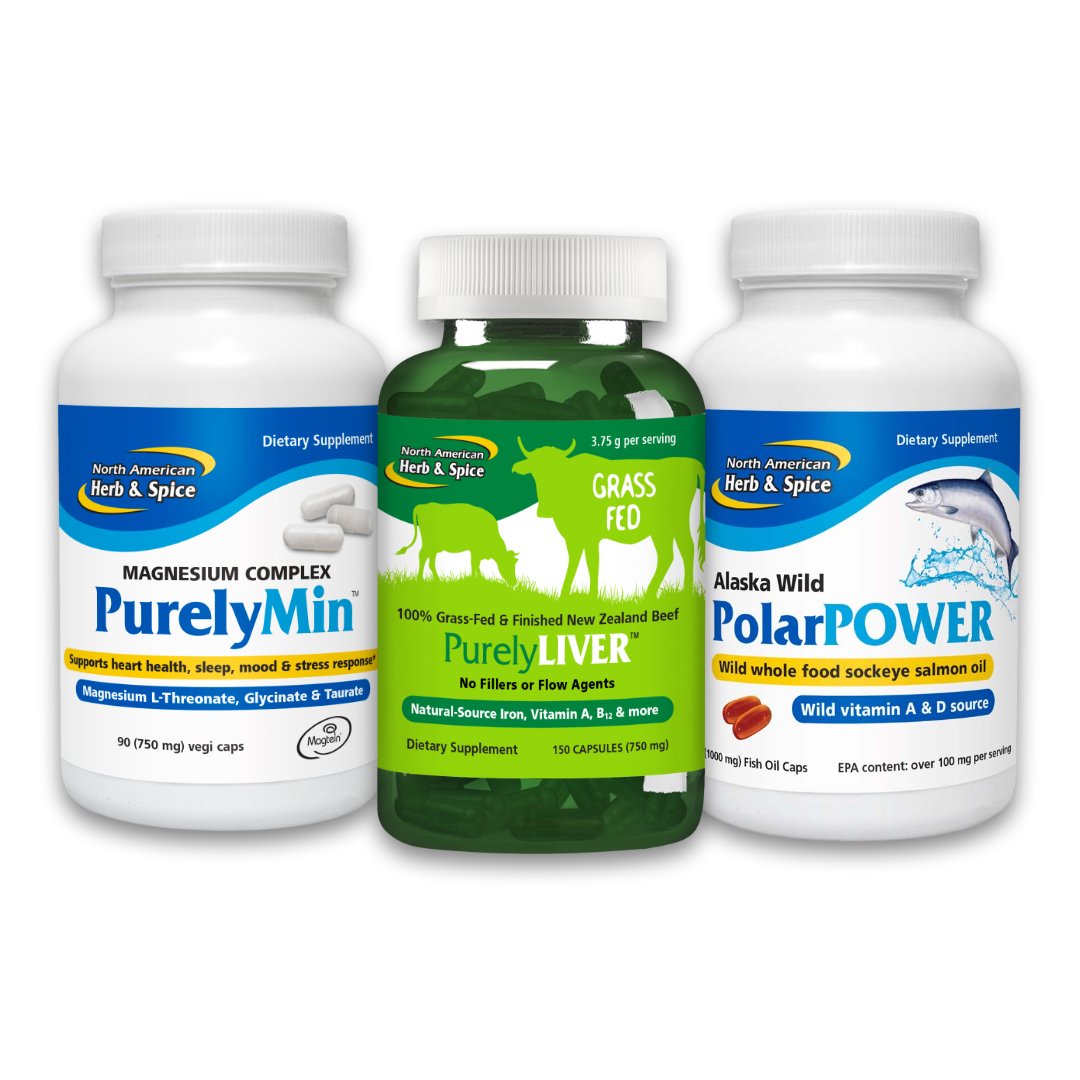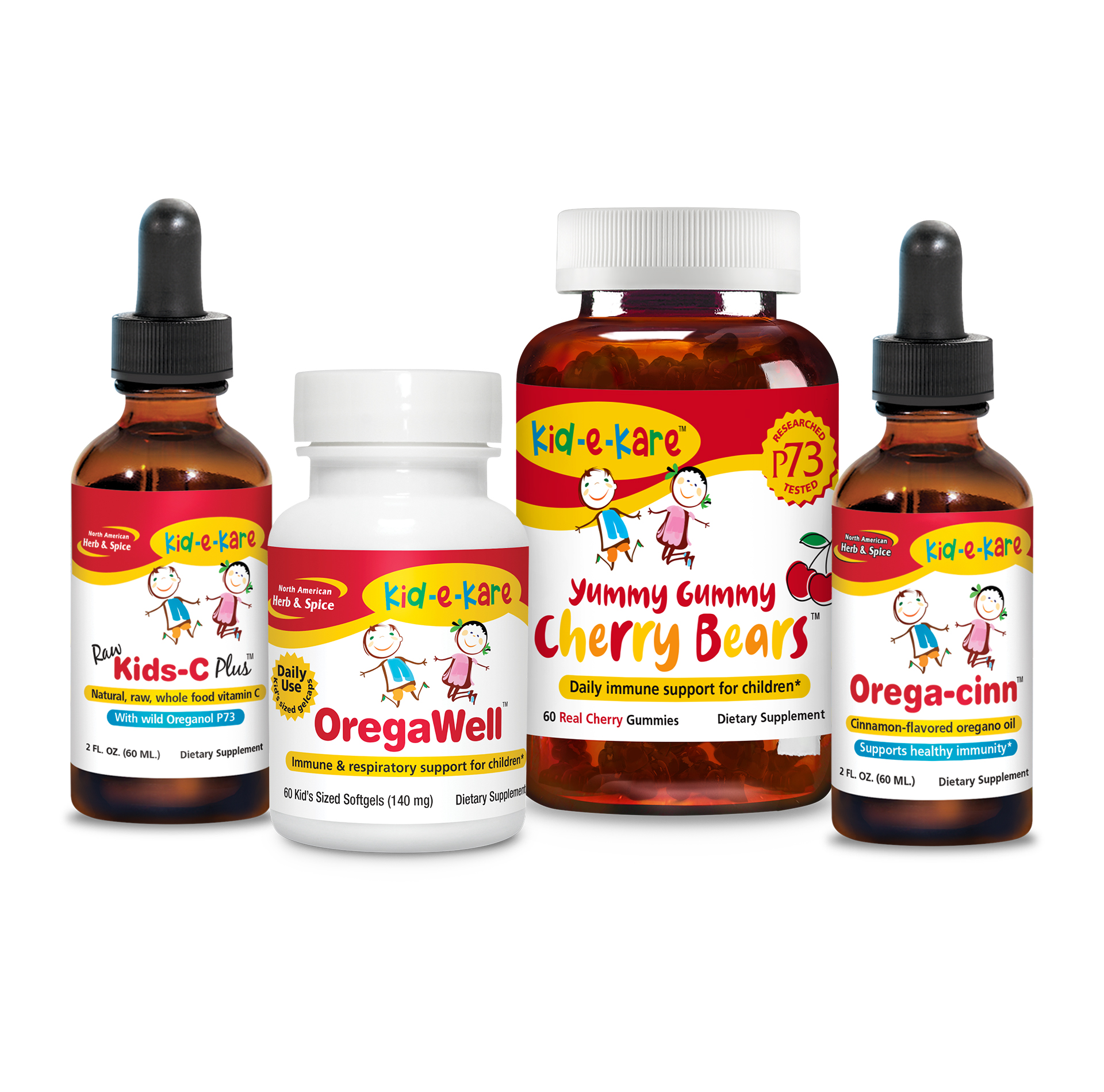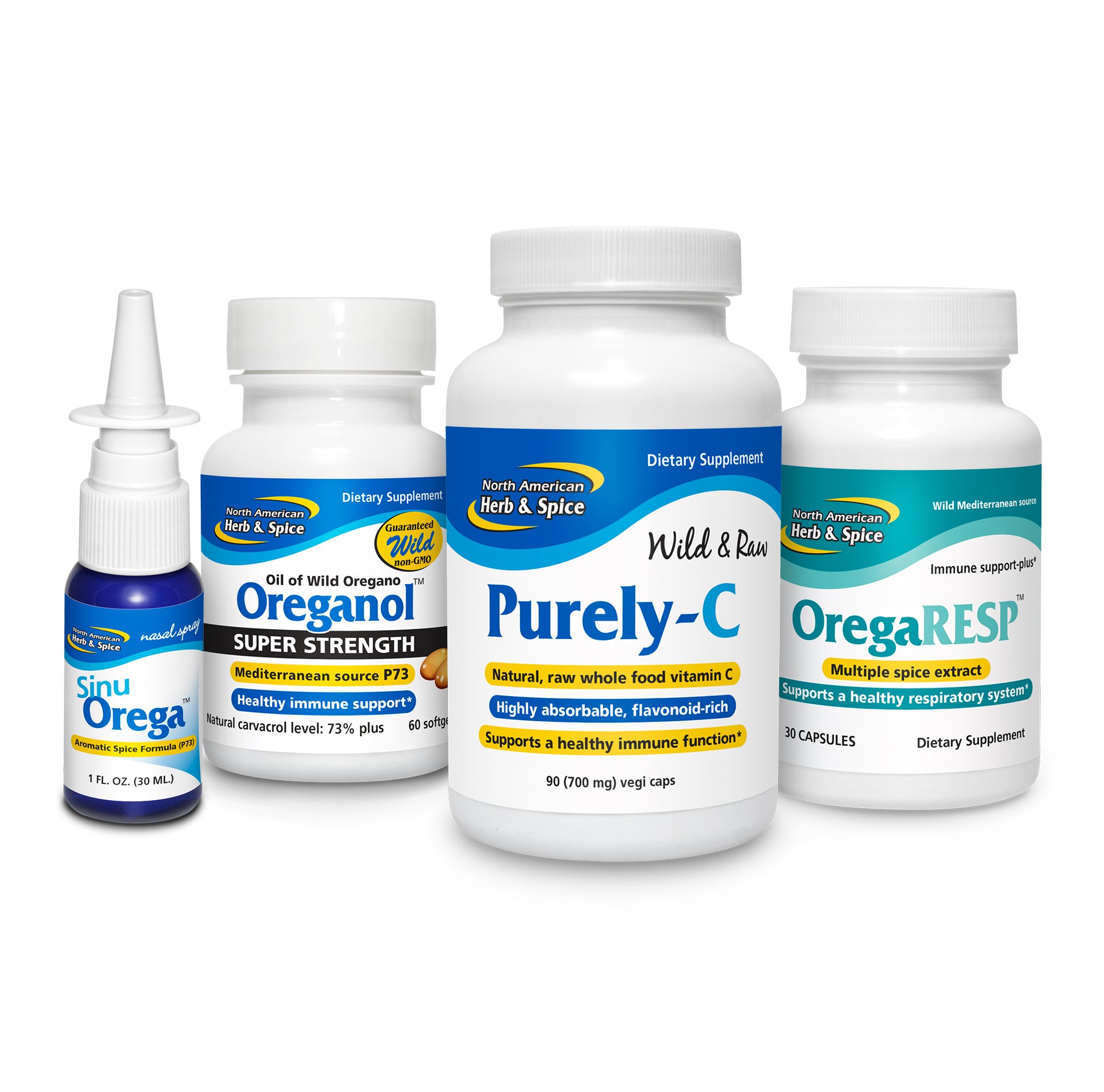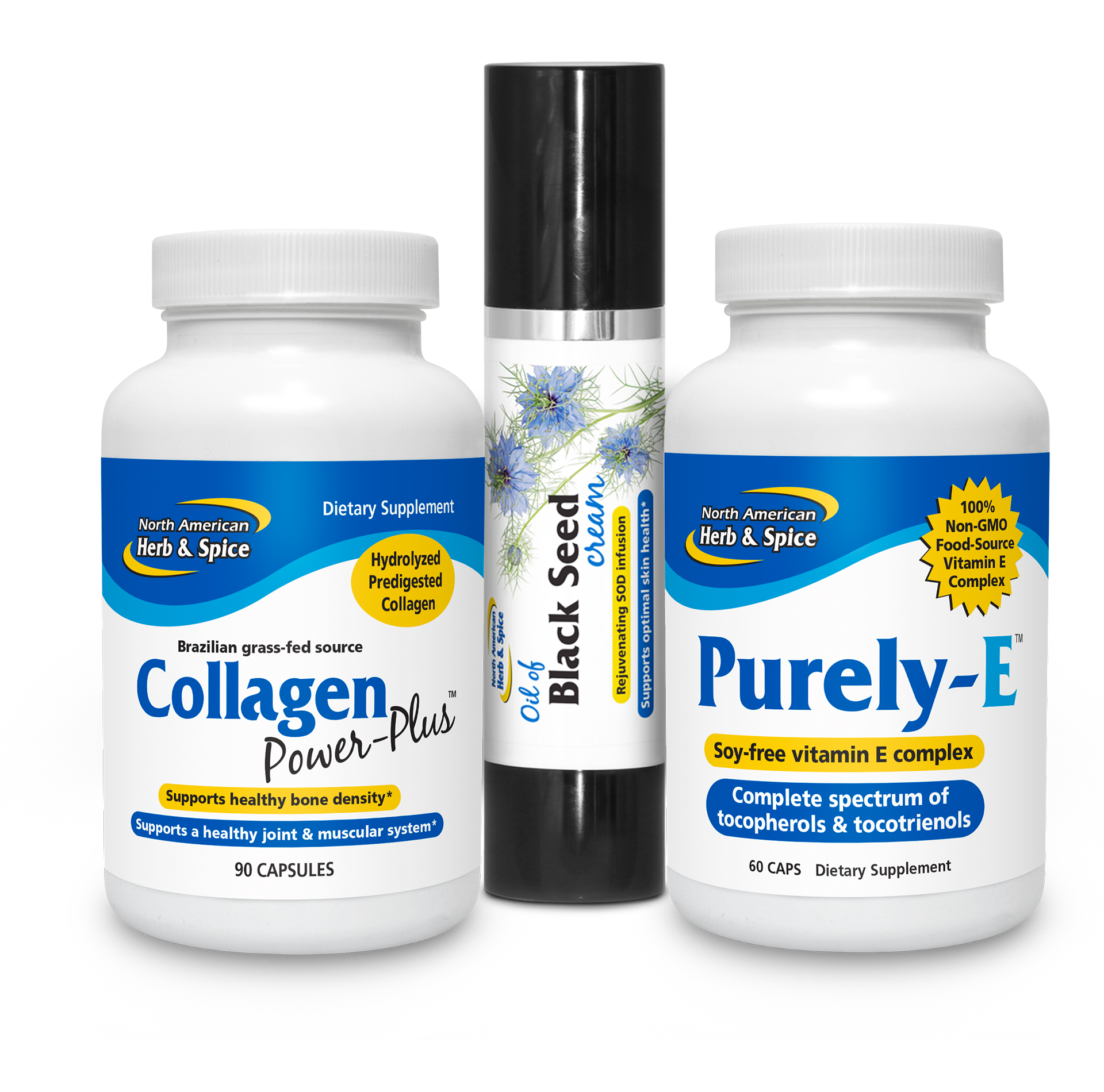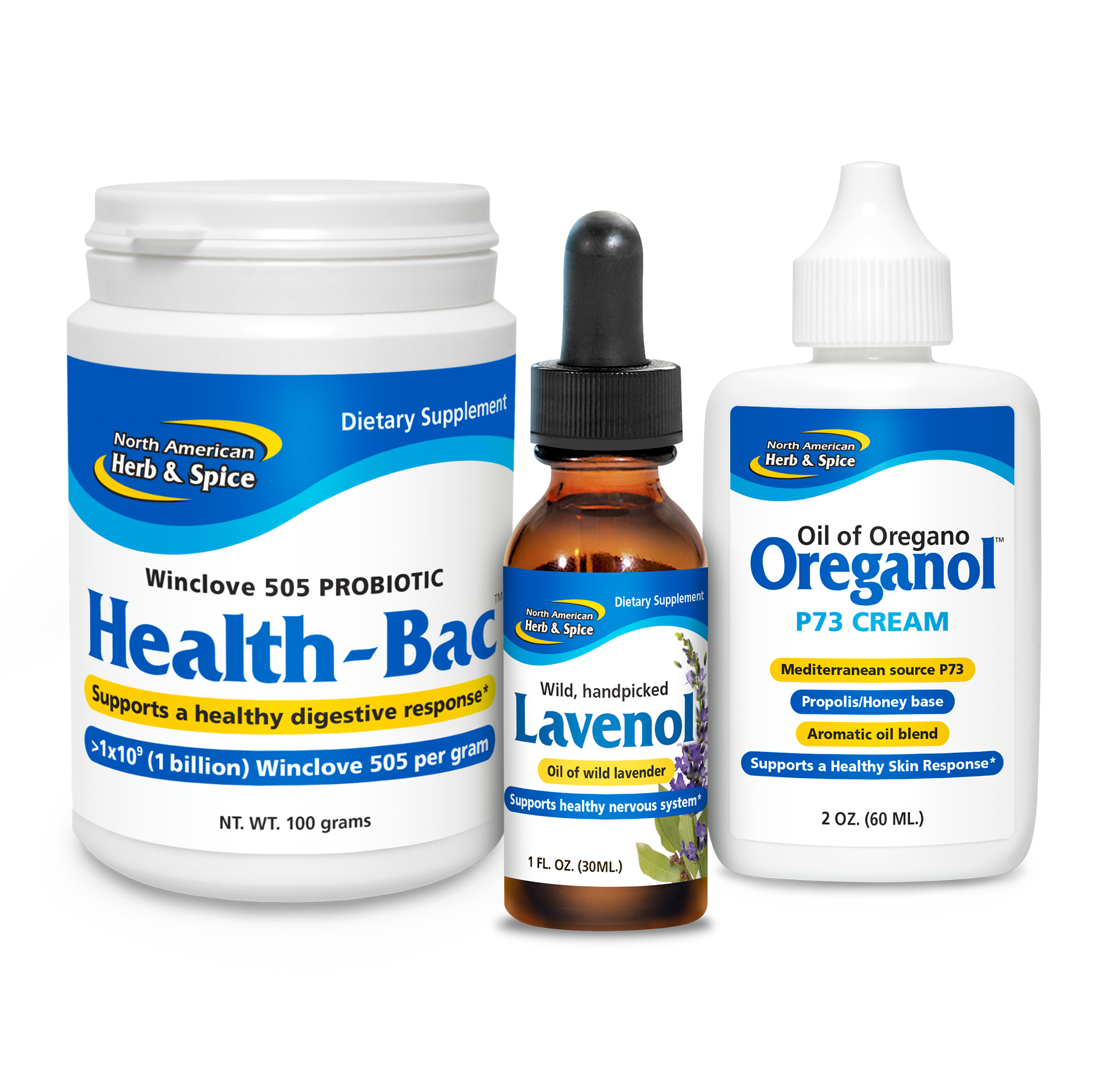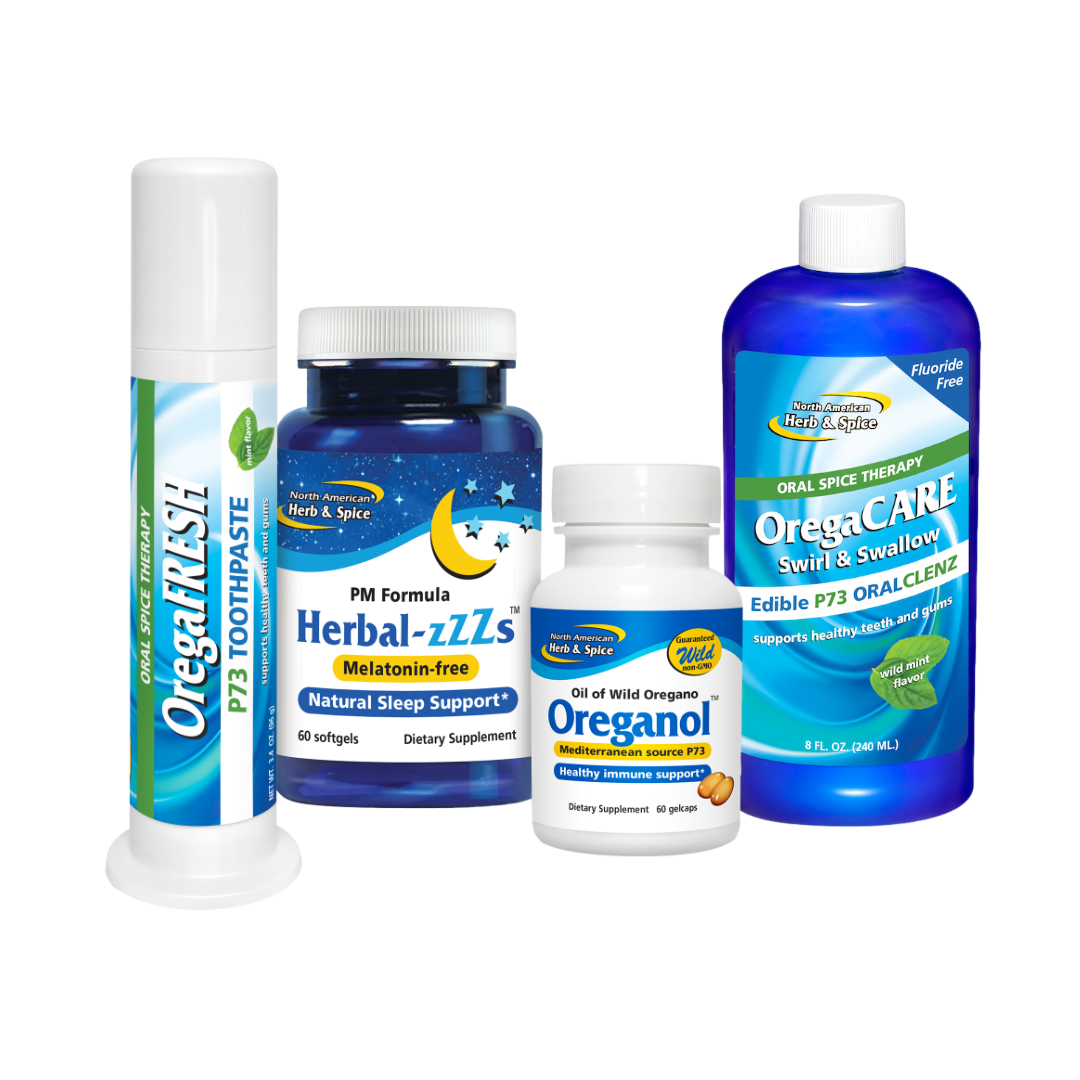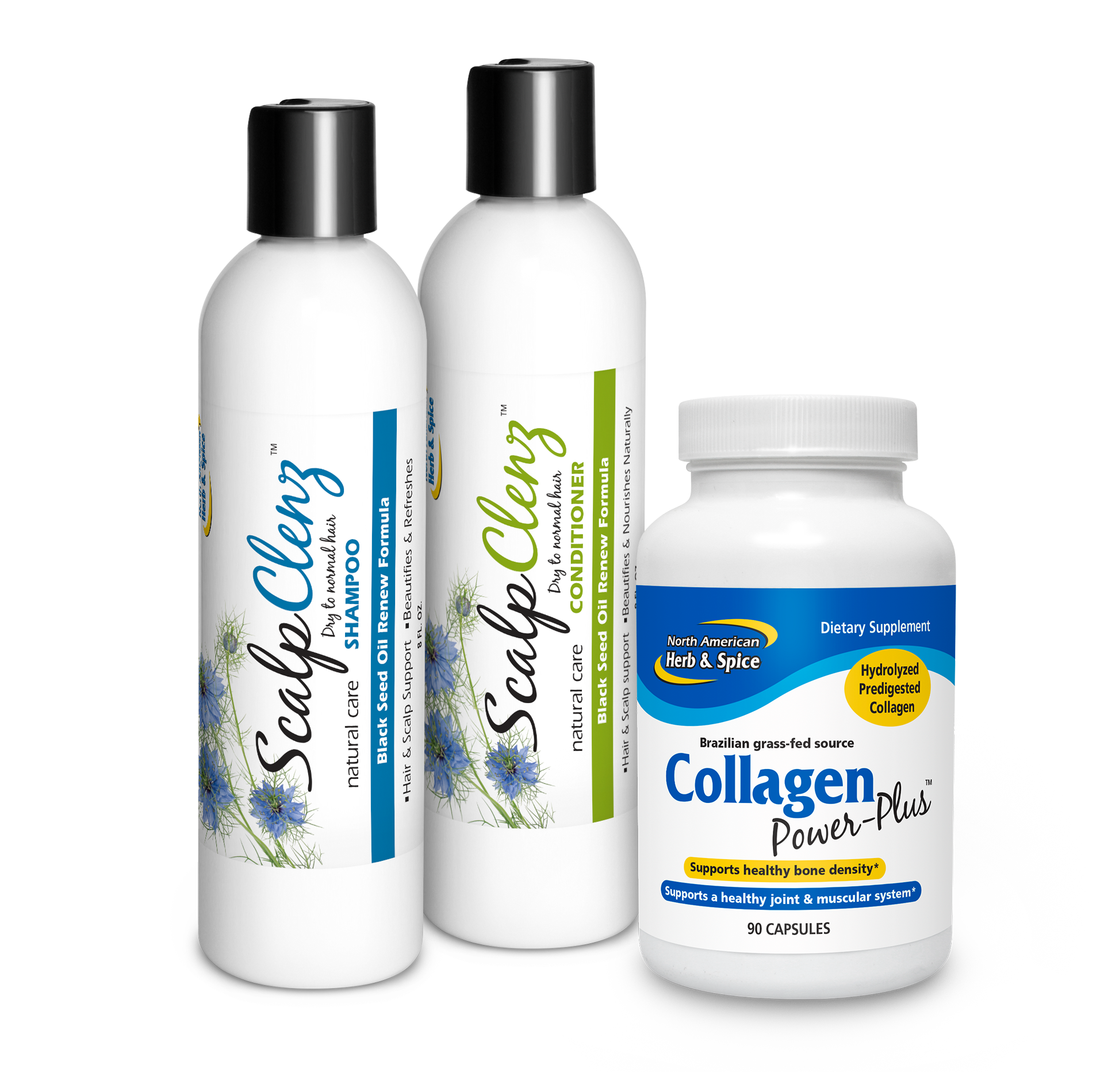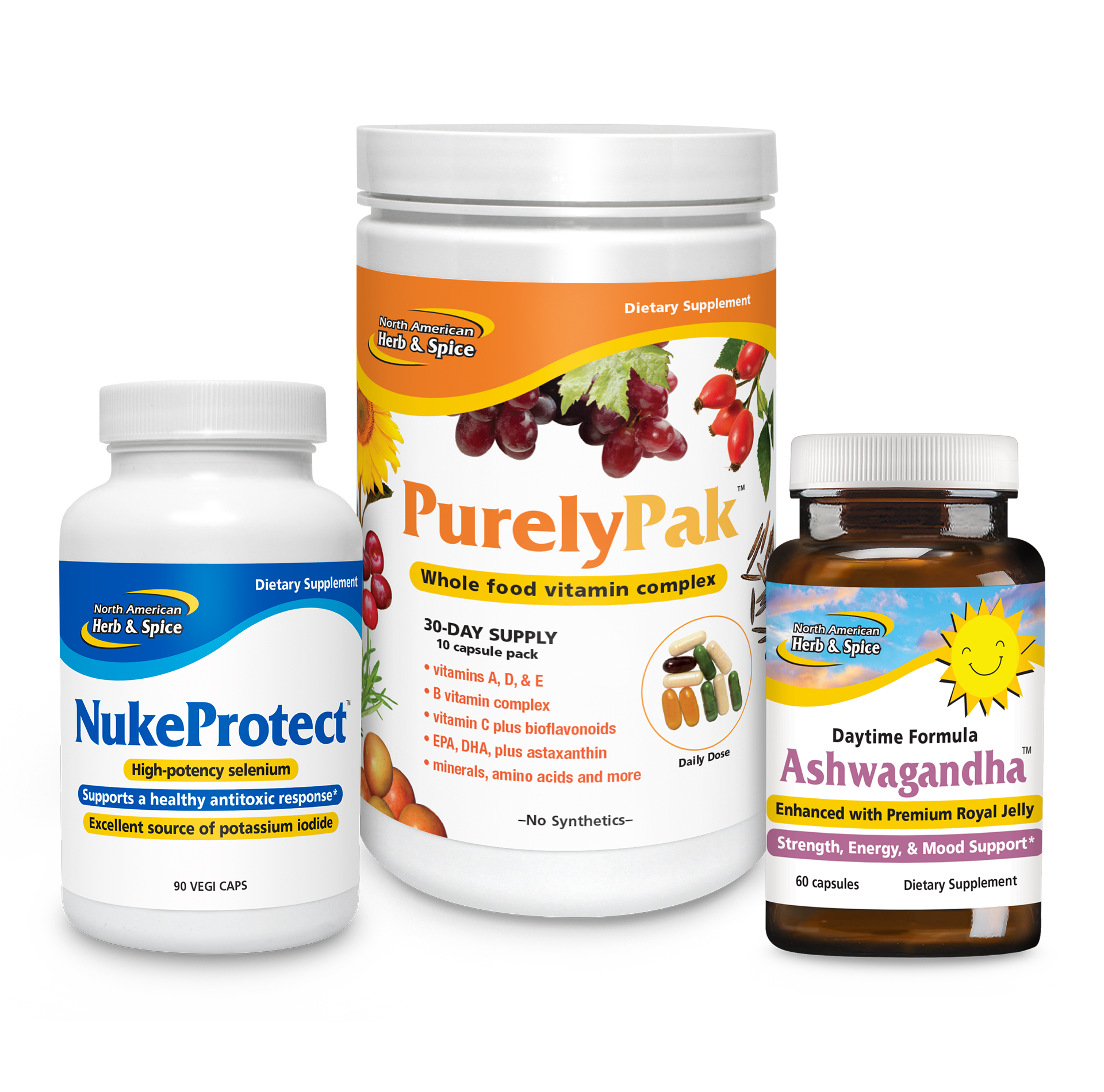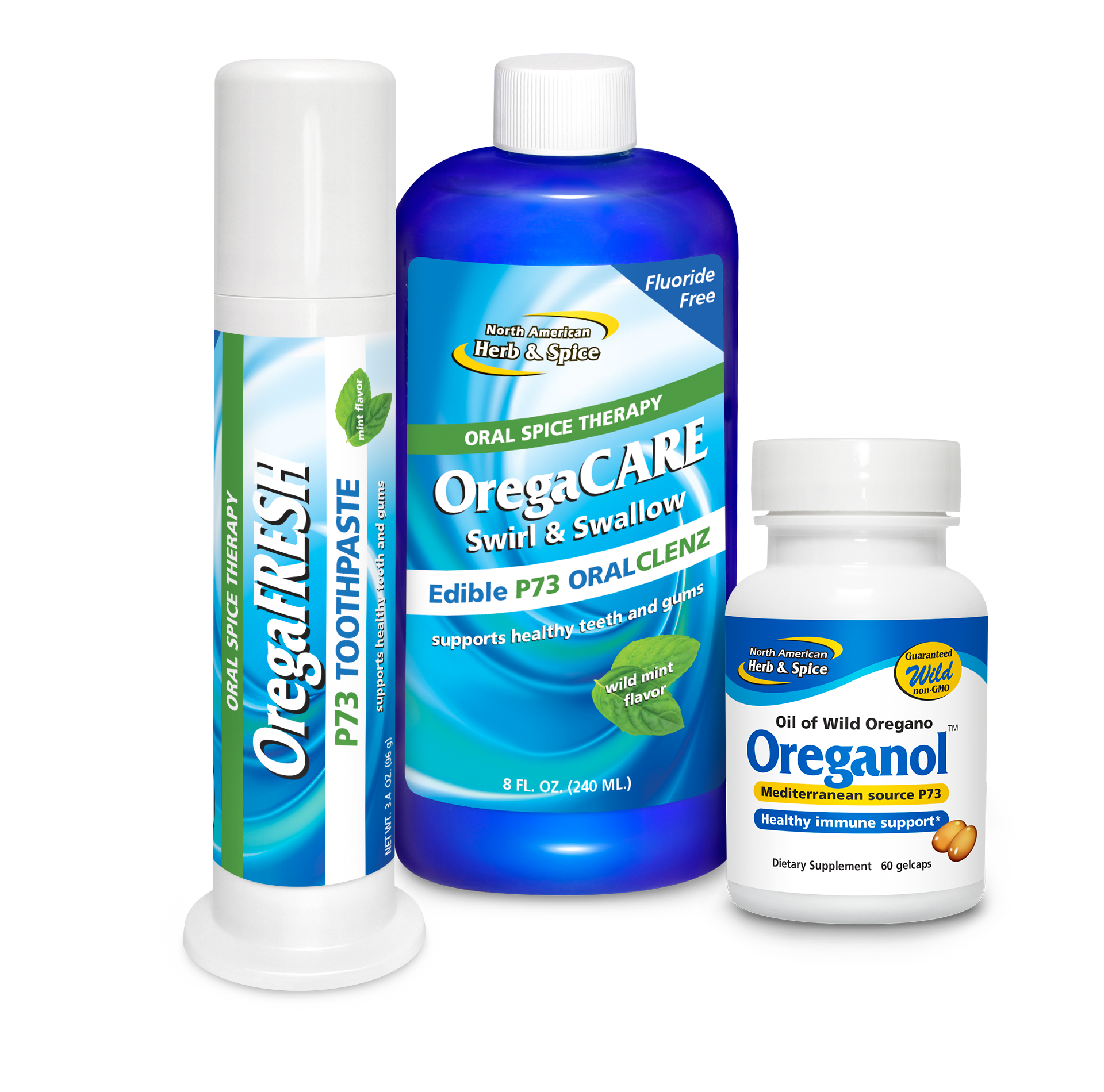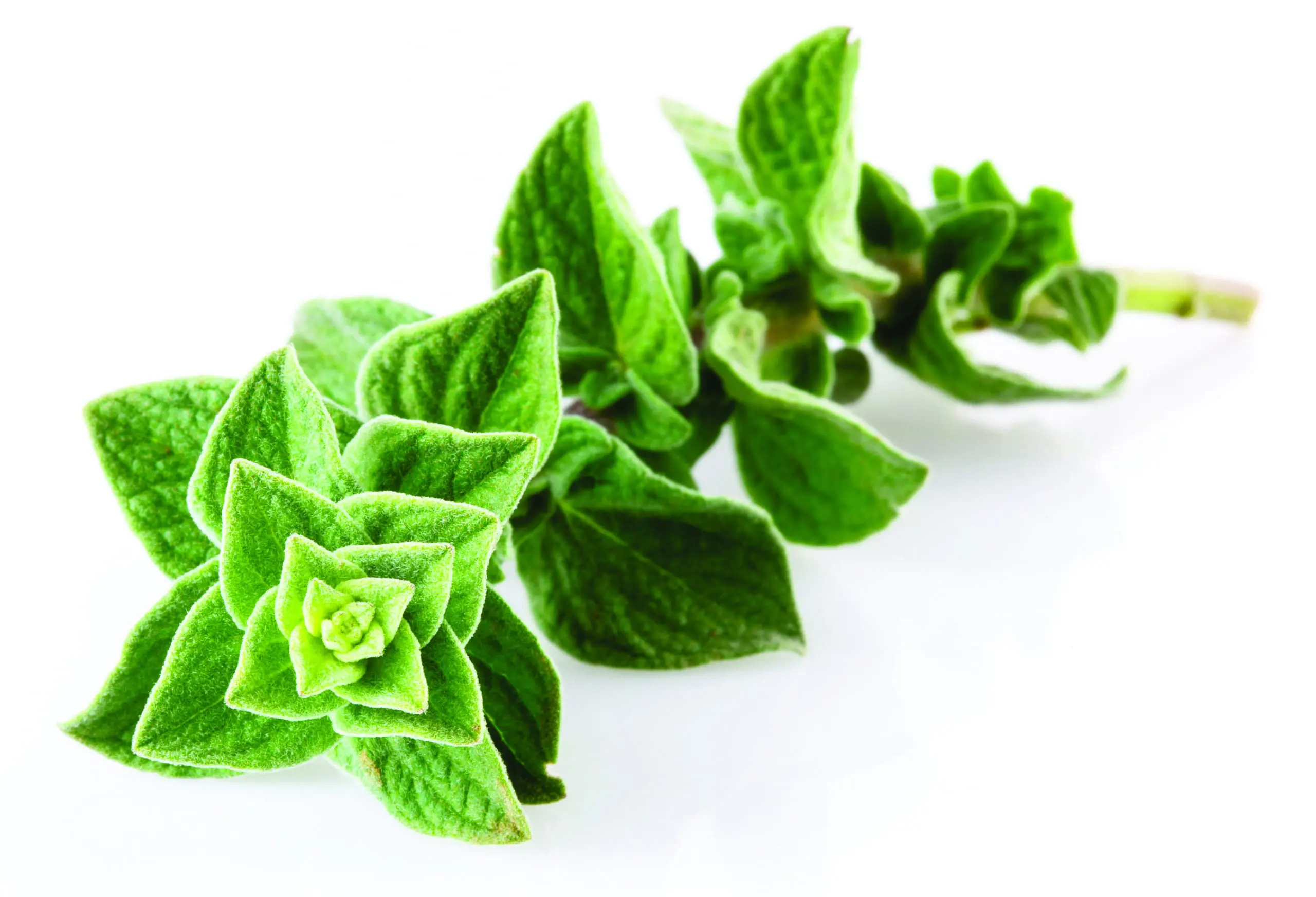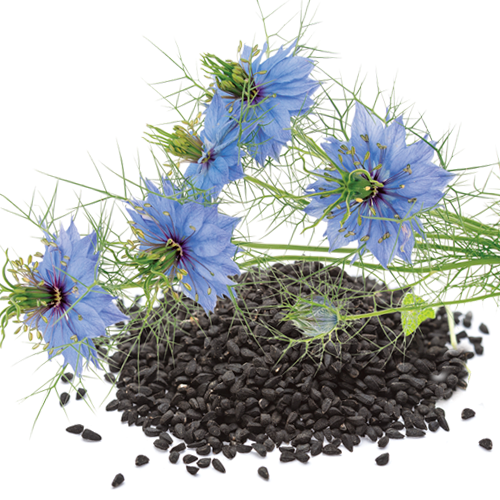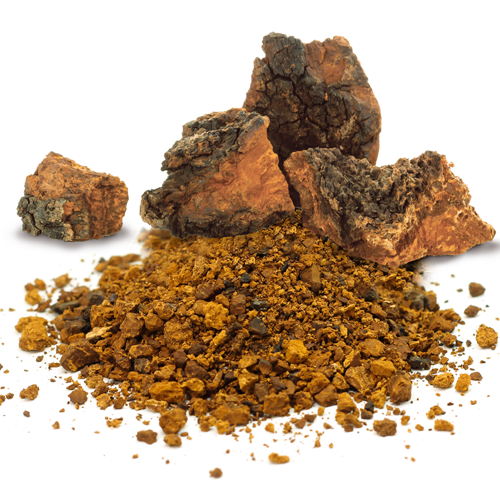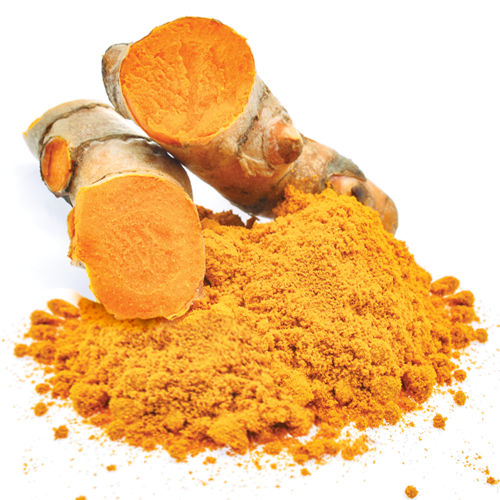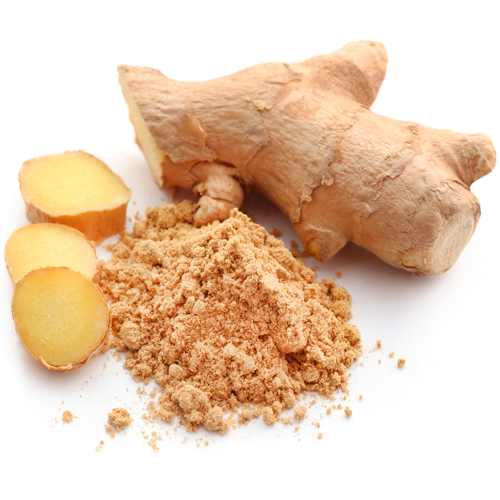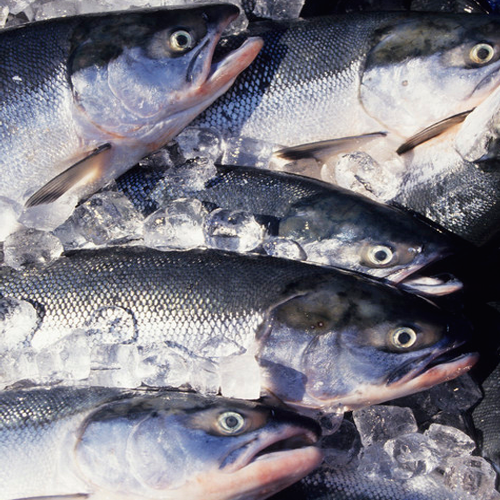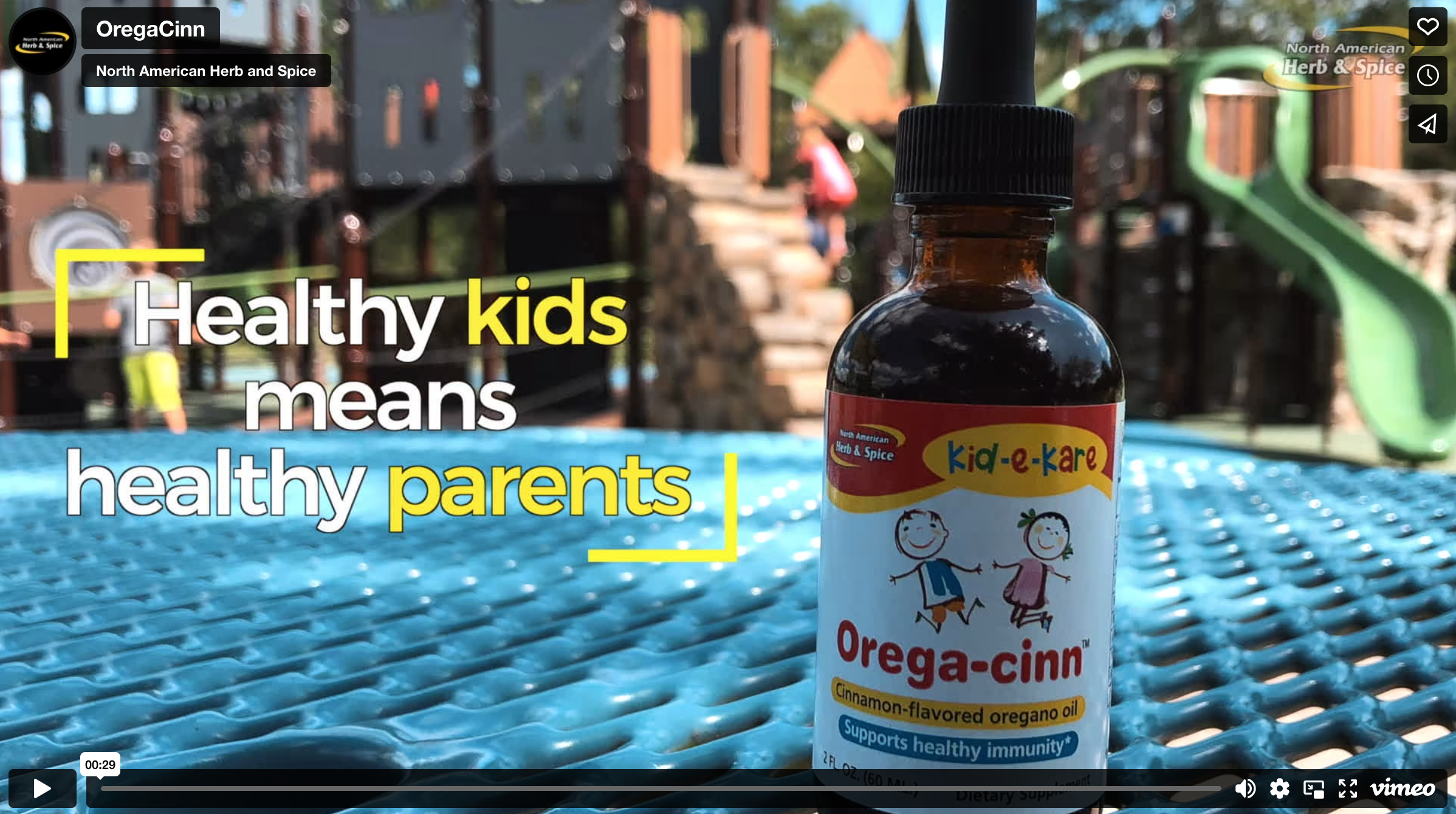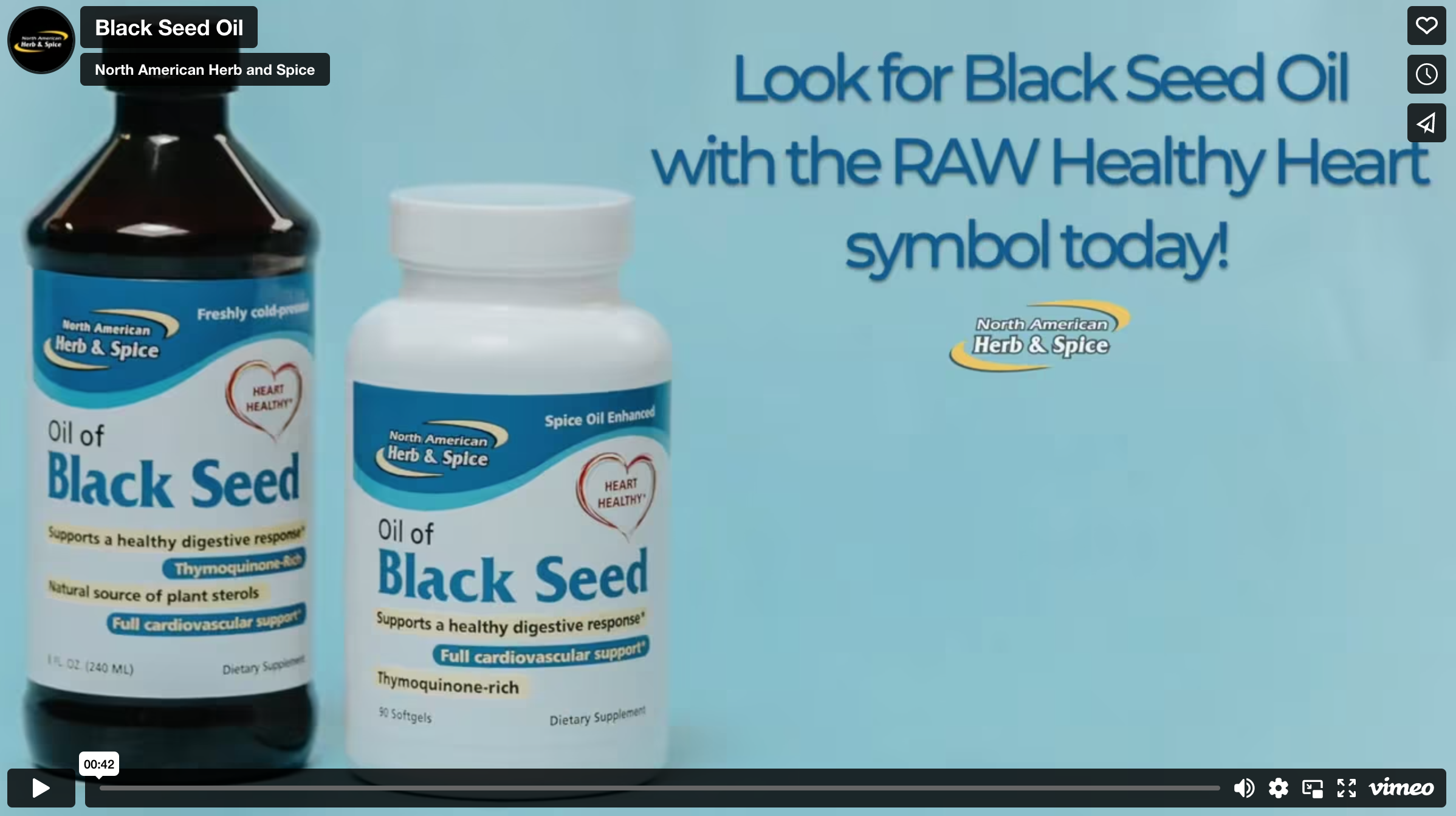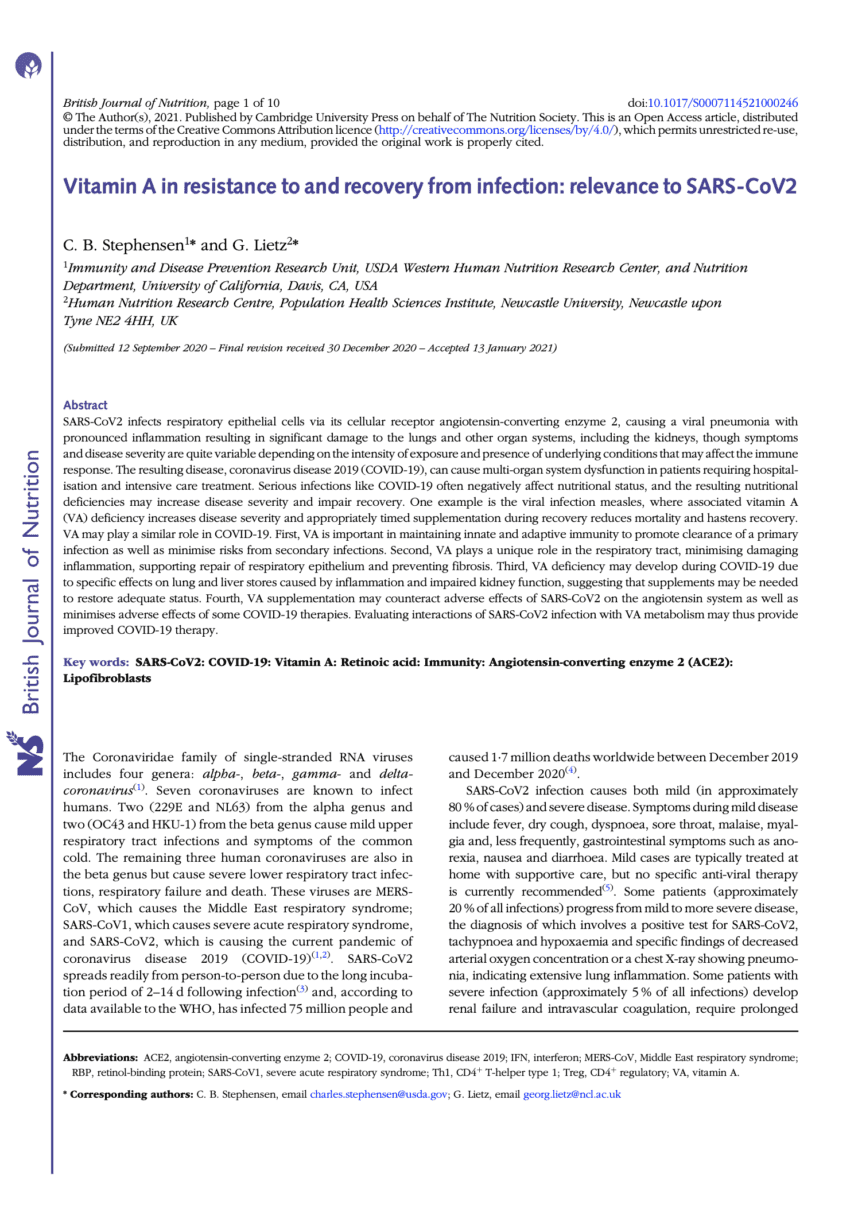
Vitamin A in resistance to and recovery from infection: relevance to SARS-CoV2
SARS-CoV2 infects respiratory epithelial cells via its cellular receptor angiotensin-converting enzyme 2, causing a viral pneumonia with pronounced inflammation resulting in significant damage to the lungs and other organ systems, including the kidneys, though symptoms and disease severity are quite variable depending on the intensity of exposure and presence of underlying conditions that may affect the immune response. The resulting disease, coronavirus disease 2019 (COVID-19), can cause multi-organ system dysfunction in patients requiring hospital- isation and intensive care treatment. Serious infections like COVID-19 often negatively affect nutritional status, and the resulting nutritional deficiencies may increase disease severity and impair recovery. One example is the viral infection measles, where associated vitamin A (VA) deficiency increases disease severity and appropriately timed supplementation during recovery reduces mortality and hastens recovery. VA may play a similar role in COVID-19. First, VA is important in maintaining innate and adaptive immunity to promote clearance of a primary infection as well as minimise risks from secondary infections. Second, VA plays a unique role in the respiratory tract, minimising damaging inflammation, supporting repair of respiratory epithelium and preventing fibrosis. Third, VA deficiency may develop during COVID-19 due to specific effects on lung and liver stores caused by inflammation and impaired kidney function, suggesting that supplements may be needed to restore adequate status. Fourth, VA supplementation may counteract adverse effects of SARS-CoV2 on the angiotensin system as well as minimises adverse effects of some COVID-19 therapies. Evaluating interactions of SARS-CoV2 infection with VA metabolism may thus provide improved COVID-19 therapy.

